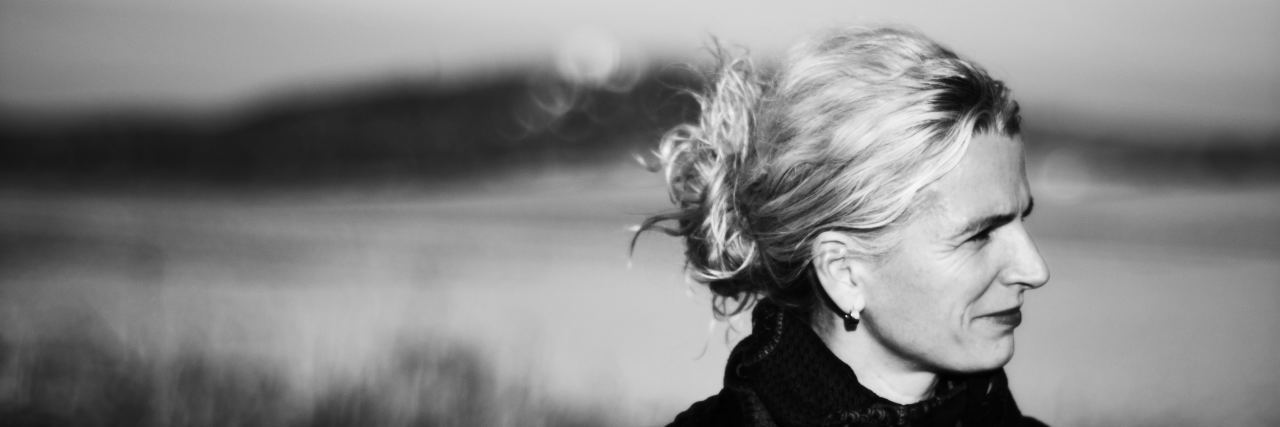Coping with the loss of a close friend or family member may be one of the hardest challenges that many of us face. When we lose a spouse, sibling or parent, our grief can be particularly intense. Loss is understood as a natural part of life, but we can still be overcome by shock and confusion, leading to prolonged periods of sadness or depression. The sadness typically diminishes in intensity as time passes, but grieving is an important process to overcome these feelings and continue to embrace the time you had with your loved one
When someone close to you dies it’s like a big gaping hole appears in your life. There are times when, for a brief second, you forget the hole is there and you fall into it. To begin with this happens regularly, but over time you learn how to walk around the hole. It doesn’t disappear but becomes part of your “normal” so it’s less of a shock.
I experienced grief at a very early age. My brother died when I was just 8 years old. I had no idea what grief was and certainly did not know how to cope with it. I was angry he’d left me, and this lead to guilt. Talking or even thinking about a passed loved one is painful. It stirs up raw feelings, and sometimes it feels easier to keep busy and ignore the painful memory. That’s what our family did. We moved away from the location of our grief and started a new life. We tried to put this horrible incident behind us, but we didn’t process our grief or give ourselves time to heal. It changed our family forever.
What I know now is it’s important to talk about and remember loved ones, no matter how painful it is. It’s part of the grieving process, and memories are precious. Celebrating their lives helps us heal. For years after Andrew passed I found myself crying at the same time every year. Depression would hit, and I had no idea why. I talked to my mum, and she told me it was the anniversary of my brother’s death. Even though my conscious brain had blanked it out, somehow my unconscious brain was still trying to process my grief. After this time we started talking about Andrew regularly; we even attended a remembrance service for loved ones lost in road accidents organized by the charity Brake. Yes, it was painful, but it was also comforting.
“Experts” tell us there are five (or seven) stages of grief, but we all experience these in our own way. The five stages — denial, anger, bargaining, depression and acceptance — are a part of the framework that makes up our learning to live with the one we lost. I clearly remember going through the first two stages when I was a child, but not the others. I spent two weeks after my brother’s death in denial, and then, when it hit me, I cried for two weeks. Maybe that was because I didn’t give myself time to complete the other stages until much later in life. But the feeling that was most prevalent with me was anger.
So I guess what I am trying to say is talking and remembering your loved one is the most important part of the grieving process. We still regularly talk about Andrew, and he will always be part of our family. He was my big brother, and I feel lucky to have known him.
If you have recently lost a loved one, please know you are not alone. I am not going to say, “everything will be OK.” Your life will change forever, and you will always miss them, but that pain does lessen over time. It’s not so much that it gets easier or you miss them less but more that it becomes your new “normal” and not so raw. Take care.
We want to hear your story. Become a Mighty contributor here.
Photo by David Bazo on Unsplash

